Signs of Magnesium Deficiency

Here are just a few signs that you may be magnesium deficient:
- Anxiety
- Depression
- Muscle cramps
- High blood pressure
- Hormone problems
- Sleep issues
- Low energy
- Low vitamin D
- Low vitamin K
Good sources of magnesium
Magnesium-rich foods are found abundantly in nature. Try these delicious options:
Spinach
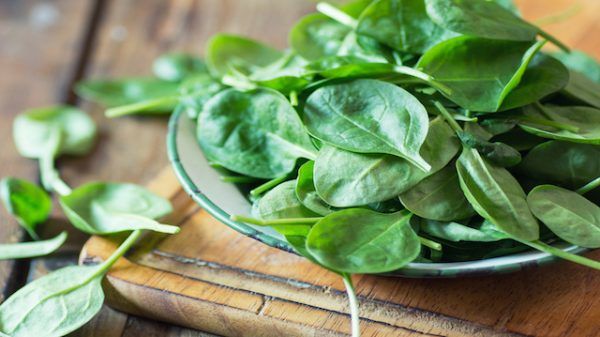
Spinach is rich in many key nutrients for your health, including magnesium, protein, vitamin E and B vitamins. Raw spinach only has about 78 milligrams of magnesium per cup, but one cup of cooked spinach contains over 760 milligrams! That’s twice the amount from kale and collards, with only Swiss chard beating spinach as the top source from leafy greens.
Seeds
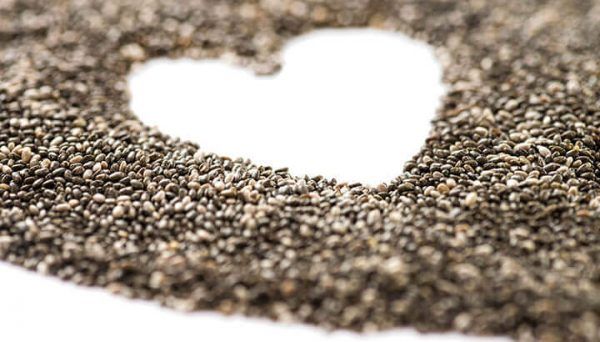
Pumpkin, sunflower, sesame, chia, hemp and flax seeds are all great sources of magnesium. Seeds are also rich in anti-inflammatory fats and high in protein. Try sprinkling a couple tablespoons of seeds onto salads, add them to a green smoothie, or toss a few in with some berries and organic Greek yogurt for a high protein, magnesium-rich breakfast or snack.
Cocoa and cacao
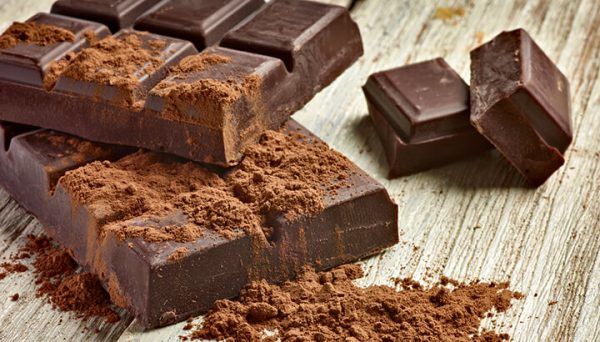
Raw nibs and cacao powder are incredibly high sources of magnesium, along with dark chocolate and even cocoa powder. While you shouldn’t rely on chocolate alone for your magnesium intake, having a small square of dark or raw chocolate (or a couple tablespoons of cocoa) is certainly an enjoyable way to add more magnesium to your day!
Almonds
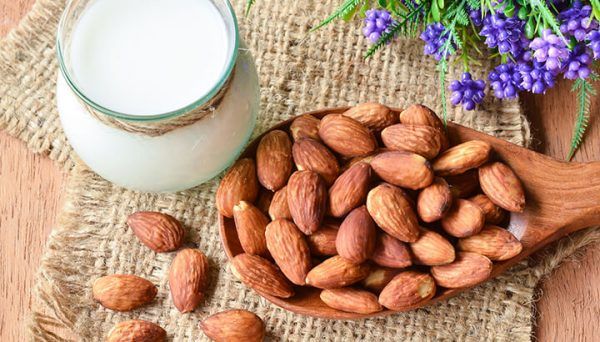
Almonds are high in protein, vitamin E and the highest source of magnesium among all nuts, with cashews being a close second. Almonds contain roughly 76 milligrams per ounce (about 23 nuts), or 15 percent of your daily needs. For the best anti-inflammatory option, choose raw almonds (unroasted) or raw almond butter.
Bananas
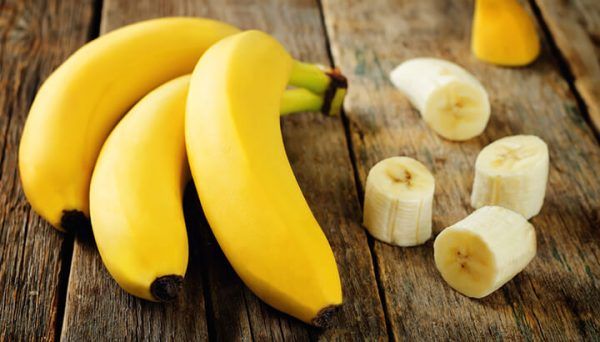
Bananas are often avoided for their high sugar content, but this fruit is actually the best source of magnesium among all common fruits. Bananas are also a great source of vitamin C, potassium, fiber, vitamin B6 and manganese. A medium-sized banana contains 32 milligrams of magnesium.
Coffee

Your morning cup of java just got a bit more exciting — coffee is the highest source of liquid magnesium you can consume! It’s also higher than any food source — just in case you were wondering. Espresso has a higher magnesium content, but all coffee comes in around 1000 milligrams or more in just one eight-ounce cup. Do keep in mind that calcium from milk and refined sugar can interfere with magnesium absorption, so drink your coffee black. Also use a raw, whole-food sweetener like honey instead of sugar.
SOURCE: the nutrition watchdog
Comments
Post a Comment